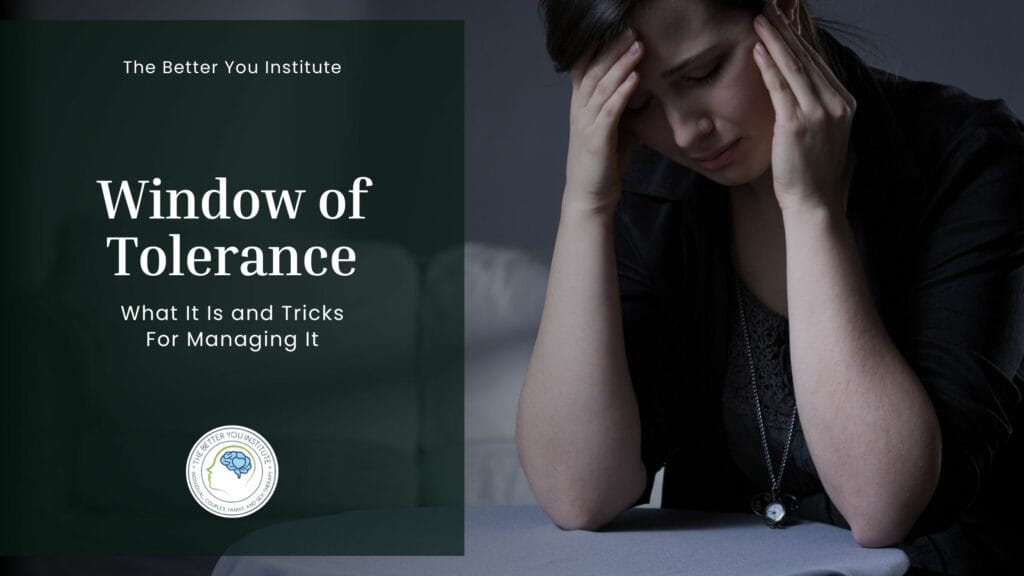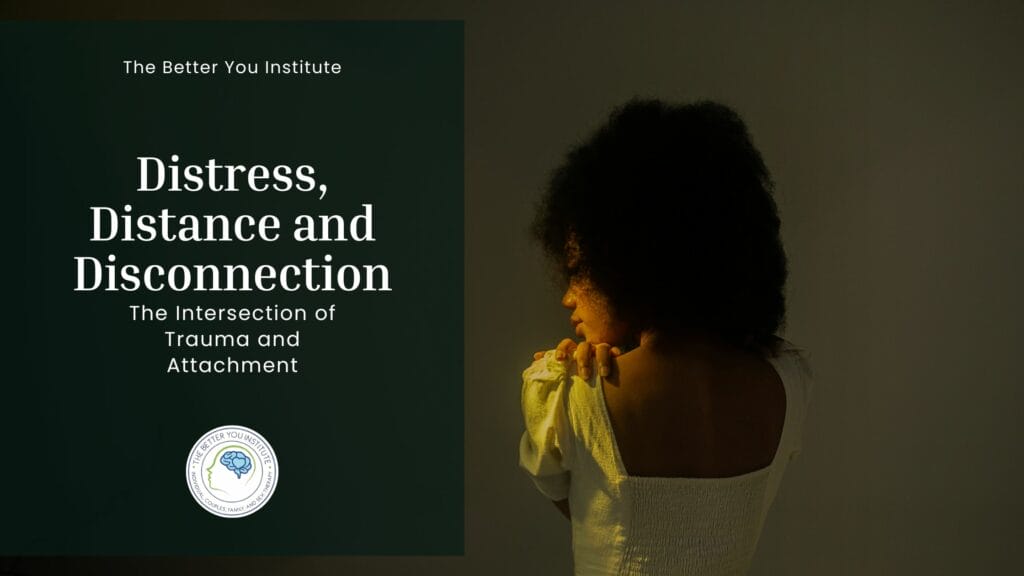Are you thinking about starting birth control? Though birth control can help with various ailments – premenstrual dysphoric disorder, acne, cramps, regulating your cycle – it is typically thought to prevent pregnancy during sexual activity. You may feel unsure about your options or what the process of getting birth control is like, and want to bring these questions to someone you trust. However, bringing up a sensitive subject like birth control (and, as a possible result, sex) can feel intimidating.
Table of Contents
Things to consider when starting birth control
You might feel nervous about letting a family member know that you’ve become or plan to become sexually active. You might also feel concerned about whether or not your family member will approve your decision to use birth control. These are all common and valid concerns young women may have when planning to obtain birth control. Talking to a loved one about starting birth control doesn’t have to be scary. There are several ways to assure you have a relaxed and beneficial conversation if you talk to a loved one about starting birth control.
The first thing to be aware of is that if you are 14 years or older, you do not need parental consent to get on birth control. That’s right – you can do this on your own if you wish. That being said, if you are on your parents’ insurance, they may be notified or have access to your prescription information or a record of your visit to a healthcare provider. With that said, we recommend talking to a loved one about starting birth control before they find out via their insurance bill. When you have the discussion is ultimately up to you, though. You are the best judge of how your loved one might respond and how you might feel.
If you choose to talk to a family member about birth control before you seek it out, you might first wonder who exactly to speak to. Mothers are a good go-to, but so are aunts, cousins, or even grandmothers. Male family members may be receptive to your feelings but may not answer any actual birth control process questions. A female family member you trust has probably had their own experiences with birth control that they can offer to you.
What to expect during the conversation about birth control
Once you’ve decided who to speak with, start gathering your thoughts. Anticipate what their questions for you might be, and you’ll feel less anxious if they come up. They might ask you why you want to start on birth control or want to know if you’ve become sexually active. Remember that they love you, and their primary concern is not being nosy but making sure that you are healthy in body and mind.
Next is deciding when and where to talk to your loved one about birth control. You might feel most comfortable talking to your loved ones when they are alone, and you can speak one-on-one. Consider the setting in which you will feel most comfortable having the conversation. A phone call, for example, is fairly private and may not be as nerve-wracking as speaking in person. Having the conversation by phone is also a good option if you are away from home, such as college.
When the conversation begins, remember that being honest keeps communication open. You might find that you feel good knowing you have support if you want to talk about other sensitive topics with someone in the future. Being honest about why you are looking to go on birth control is a good idea. If you’ve never been sexually active before and are nervous about starting the conversation, take a deep breath. Most people become sexually active at some time in their lives, and the loved one you choose to talk to has probably been there too.
Be mindful of the other person.
Sex is a natural part of becoming an adult and learning about yourself. Therefore, sex also represents you growing older and becoming an adult. Be mindful of your loved one’s view of you and sex. If your mother still refers to you as her baby, or your cousin can’t believe you have boobs, they may have a higher level of shock that they present to you when you bring up the topic of starting birth control. Allow them space to process what this means. You are not only asking about the logistics of birth control, but you’re also asking them to see you differently.
Be prepared for them to have intense emotions and invasive questions. Set the tone for the conversation. Give them space to process things with you while also being mindful of boundaries that you may need for yourself. Stay honest while also only sharing what you feel comfortable with. If your loved one seems overly shocked, we say “less is more.” You can always come back another time to continue the conversation if you have more questions.
Conclusion
Talking to a loved one about starting birth control shows that you are taking responsibility for your health and wellness when it comes to your sex life. It can seem overwhelming to begin the conversation, but you will feel much better moving forward in the process of obtaining birth control if you have someone to guide you through the process. Remember that you don’t technically require parental permission to get birth control, even if you are under 18. Talking to a loved one about starting birth control is simply an option that may make you feel more comfortable and allow you to ask questions of someone whom you know and trust, which will keep the lines of communication open and supportive. If you feel like you could benefit from talking with a teen therapist or sex therapist, contact us today! We also offer online teen therapy and online sex therapy if you live further away, or one-on-one therapy in an office setting is not something that you wish to do!







